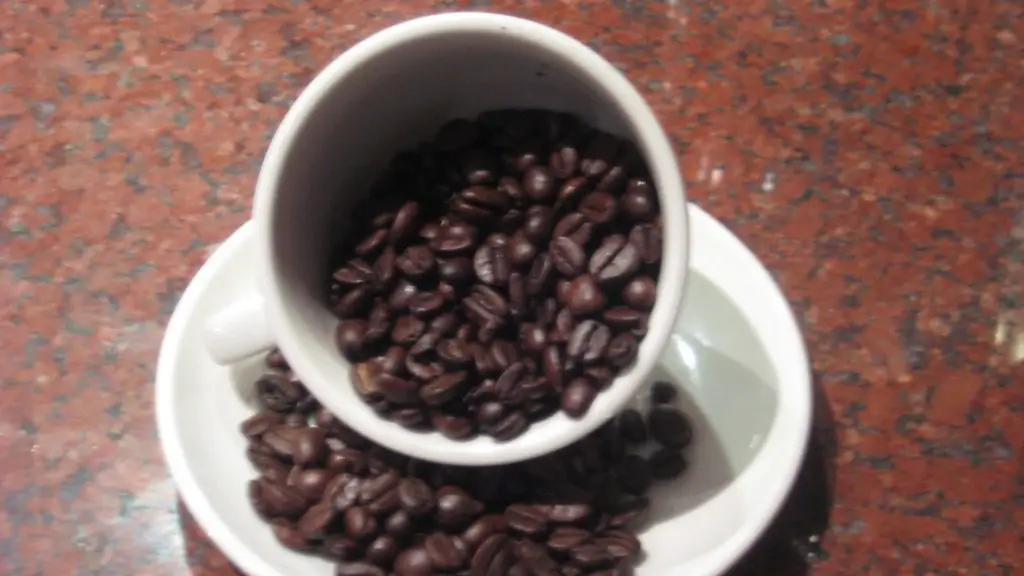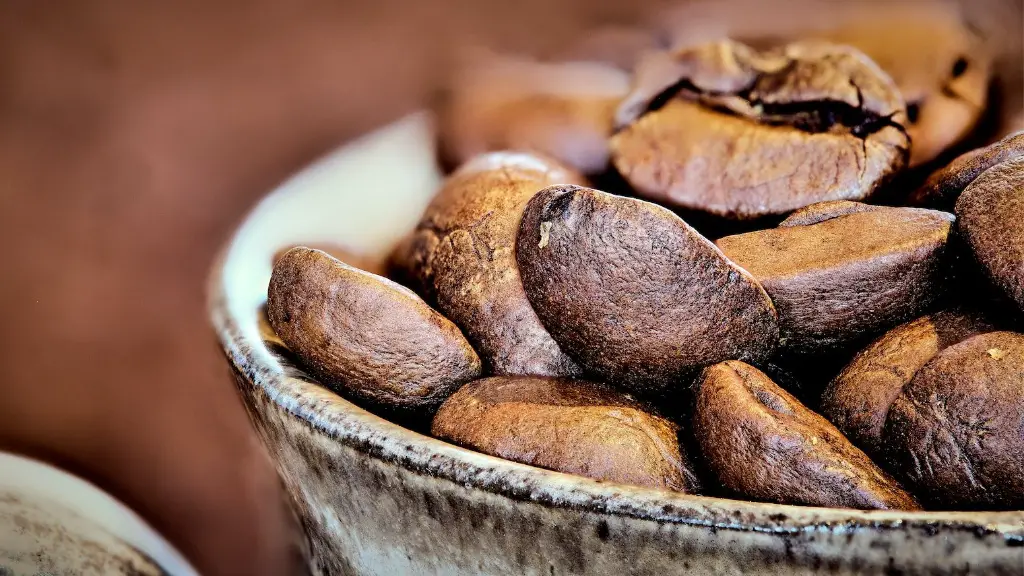As many of us are aware, coffee is the fuel of life.Whether you like it or not, coffee is the one beverage that’s nearly ubiquitous among the working class. It provides a quick and tasty energy boost while also offering a variety of flavors to suit any particular taste. And it’s no wonder why some people rely so heavily on coffee’s magical powers – research tells us that 85% of Americans drink coffee each day.
So what happens when you don’t get your daily dose of java? For many, the answer is a bad headache. If you’re one of the many people suffering from this peculiar phenomenon, then you’re not alone – the medical community recognizes this as a real condition known as caffeine withdrawal headache.
But why does your head hurt when you don’t drink coffee? To answer this question, it’s necessary to understand the pharmacology of caffeine. Caffeine primarily works to constrict blood vessels and decrease inflammation in the brain. This in turn reduces headaches caused by swollen tissues. When you suddenly cease consumption, your brain experiences a sudden decrease in the stimulus it’s used to, which may result in a headache.
The severity of the headache depends on how long you’ve been consuming coffee and how much you’ve been drinking. Generally, if you’ve been drinking coffee for a longer duration or at a higher frequency, then your caffeine withdrawal headache will be more severe. This is because your brain will be more dependent on the caffeine after a longer duration. Additionally, if you’re consuming large amounts of coffee, then the severity of withdrawal may be amplified.
If you’re concerned about this happening to you, then the best solution is to slowly wean yourself off of coffee. Start by decreasing your daily dosage bit by bit. This will give your brain time to adapt to the decrease in caffeine and reduce the severity of the headache. Additionally, you can replace coffee with other beverages such as tea or cocoa, which also contain some caffeine.
It’s also important to note that not all headaches are related to caffeine withdrawal. Everyone’s brain chemistry is unique, so it’s best to consult a physician to determine if your headache is truly caused by caffeine.
Nutrition and Diet
A healthy lifestyle is key when it comes to avoiding unpleasant headaches. Eating a balanced diet and exercising regularly are important for keeping your brain healthy. Additionally, it’s important to stay hydrated throughout the day. Studies suggest that individuals who are dehydrated are more susceptible to headaches. Eating ample amounts of healthy fats such as olive oil, nuts and avocados also help to reduce inflammation, which can contribute to headaches.
Getting enough sleep is also important. Studies have found that those who don’t get sufficient sleep are more prone to headaches. When you’re well-rested, your brain is better able to cope with stress, which can reduce the risk of headaches.
It’s also beneficial to reduce your consumption of processed foods. Eating junk foods can lead to inflammation, which can contribute to headaches. Start by reducing your intake of red and processed meats, trans fats, and added sugars.
Stress Management
It’s also important to manage your stress levels. Unmanaged stress can contribute to headaches. Try to incorporate relaxation techniques into your daily routine such as yoga, meditation, or deep breathing.
Another key to reducing stress is to create healthy boundaries between yourself and the people and activities in your life. It’s important to take time for yourself and engage in activities that bring you joy.
Additionally, limiting your exposure to triggers such as loud noises can help to reduce headaches. If a certain sound or smell elicits a headache, then limit your exposure as much as possible.
Conclusion
Headaches due to caffeine withdrawal are real and can be quite painful. Understanding the underlying causes of these headaches can help you to manage them more effectively. The key is to slowly wean yourself off of coffee, pay attention to your nutrition, and practice stress management. With time and patience, you’ll be able to manage your caffeine addiction without the accompanying headaches.



